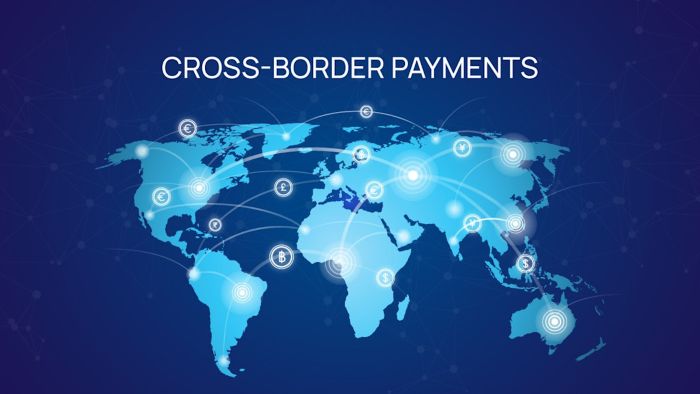eTranzact Boss Charts a Faster, Cheaper Cross-Border Playbook for ID-Linked Payments

Nigeria’s cross-border payments are still too slow, too costly, and too opaque—especially for low-income users and MSMEs. That was the blunt message from Niyi Toluwalope, MD/CEO of eTranzact International Plc, at the National Identity Day colloquium in Abuja, where he argued that digital identity must sit at the core of cross-border interoperability.
Nigeria can cut remittance costs, unlock digital trade, and bring millions into finance by hard-wiring national IDs into payments rails—if regulators, banks, fintechs and NIMC move in lockstep.
The big picture
- Remittance friction: Global average remittance cost hovers around 6–7%; Sub-Saharan Africa is higher, squeezing households that rely on diaspora flows.
- Financial inclusion gap: Nigeria counts 120m+ National Identification Numbers (NINs) but far fewer active bank/BVN users—tens of millions remain excluded despite being uniquely identifiable.
- Trade opportunity: Regional digital trade is rising (e-commerce, gig work, SaaS, creative exports), but settlement and KYC hurdles keep costs elevated and speed low.
The eTranzact thesis
Toluwalope’s playbook fuses identity + payments to compress cost and latency while improving compliance:
- NIN-anchored rails
Map NINs to wallets/accounts so Nigerians can send/receive cross-border instantly via agent networks and licensed providers—with tiered KYC that’s fast and fraud-resistant. - API-first interoperability
Open, secure APIs connecting banks, switches, MMOs, card schemes and remittance MTOs to standardise data, consent and settlement—cutting manual reconciliation and disputes. - AI-driven KYC/AML
Use machine learning for real-time risk scoring, sanctions screening, anomaly detection—reducing false positives and manual reviews that slow payouts. - Programmable money options
Explore whitelisted stablecoin corridors (under Nigerian rules) for wholesale settlement to lower FX friction—with strict safeguards on custody, liquidity and reporting.
Proof of execution
- At scale ID-verification: eTranzact’s collaboration with the Military Pensions Board verified 67,000 veterans with a ~99% success rate and ~5-minute processing time—evidence that ID-linked workflows can be secure and fast at population scale.
Why it matters
- Households: A 2–3 ppt drop in remittance fees puts billions of naira back into family budgets annually.
- MSMEs & creators: Faster, cheaper payouts from e-commerce platforms, freelancers and content monetisation improve working capital cycles and export competitiveness.
- Banks & fintechs: Lower compliance friction and standardised identity reduce acquisition costs and unlock new products (diaspora banking, invoice finance, escrow).
- Regulators: ID-centric rails raise transparency, improve tax visibility and curb fraud—without choking innovation.
What needs to happen next
- Joint rulebook: NIMC, CBN, NFIU, FIRS and NCC to align on an identity-and-consent framework for cross-border payments (data minimisation, user consent, purpose-bound sharing).
- Inclusive on-ramps: Expand agent networks and offline-capable KYC so rural users can onboard with NIN and transact even with spotty connectivity.
- FX & settlement clarity: Define compliant models for instant cross-border settlement (multi-lateral netting, local RTGS windows, permitted stablecoin pilots).
- Public-sector use cases: Start with government-to-person (scholarships, pensions, social transfers) via ID-linked wallets to prove reliability and catalyse scale.
BRANDECONOMY analysis
Nigeria already possesses the critical ingredient—ubiquitous national ID. The gap is orchestration: binding that ID to everyday payment experiences with clear standards, shared utilities and measured innovation. Countries that solved remittances didn’t chase one silver bullet; they built trust fabrics—common identity, common data models, predictable settlement—then let competition compress fees.
Bottom line
Identity is the new payments utility. If Nigeria operationalises NIN-anchored, API-driven, AI-screened cross-border rails, it can halve costs, speed up settlements, and pull millions into formal finance—turning diaspora flows and digital trade into real household income and MSME growth.











